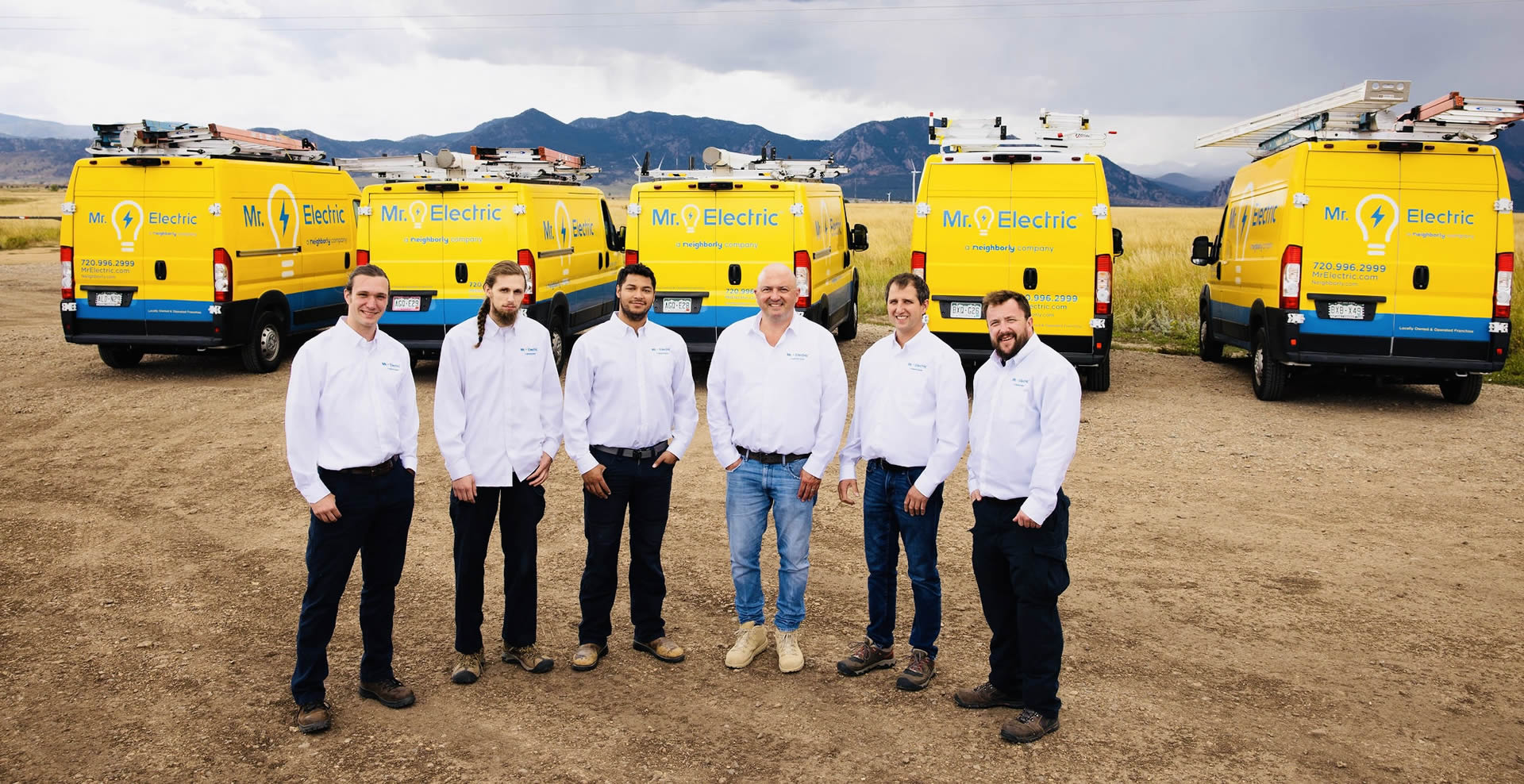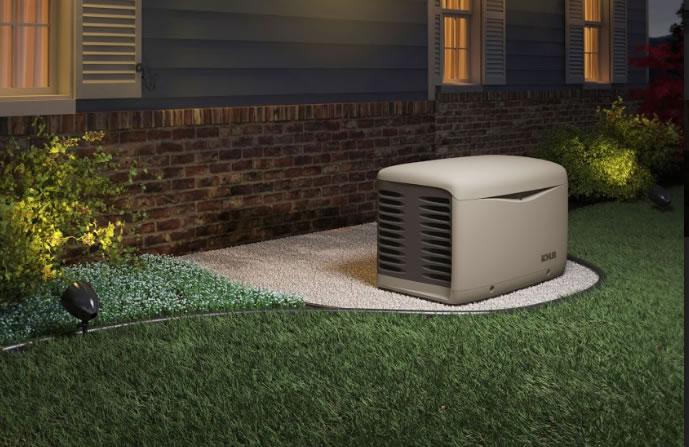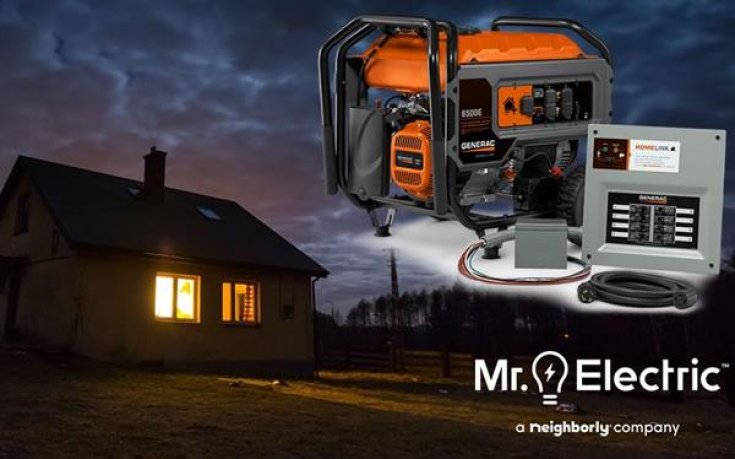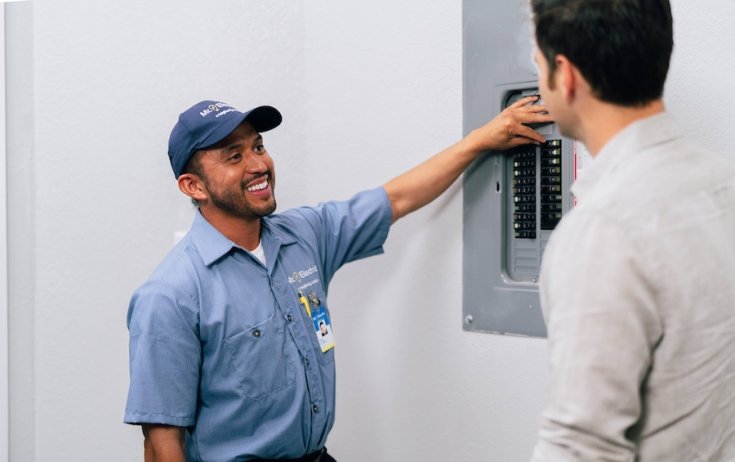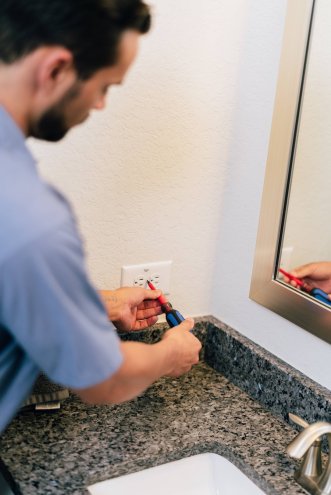If the power goes out and the house goes dark, every plan for the evening stops. Many homeowners decide to buy a generator only after they lose power. The rush leads to the wrong size, the wrong type, and a setup that leaves the house only halfway protected. you plan ahead, you avoid scrambling later. Keep reading if you want to learn about the most common mistakes people make when selecting a generator and how to avoid them.
Guessing Power Needs
The first mistake is guessing how much power your home requires. A generator is only useful if it handles the essential load. Many homeowners walk into a store, look at a box, and choose a unit based on price or brand. They assume it will run the fridge, heat source, well pump, freezer, and lights. Later, they discover that the generator cannot run two large appliances at once, or that the lights dim every time the heater starts. Each appliance has a starting wattage and a running wattage. A refrigerator pulls a heavy surge when the compressor starts. A well pump does the same. If the generator can handle the surge, the house will run smoothly. If the generator is too small, then the breakers trip, or the unit stalls. A simple way to plan is to list the appliances that must run during an outage. Focus on essentials like your heat source, cooking equipment, medical devices, refrigerator, and freezer. Select lights that matter as well, and add up the wattage required. Don't guess the numbers. Check the labels on each appliance. Many homeowners reach this point and call for professional help. They want to speak with someone who can confirm their load calculation and advise on the right generator installation for their situation.
Ignoring Fuel And Location Planning
Generators need fuel. Homeowners forget this in the excitement of getting backup power. They see the generator as the solution and don't plan for the supply that keeps it running. A portable unit needs gasoline or propane. A permanent unit may connect to natural gas. Each option has pros and cons, and the right choice depends on access. If your property loses gas supply during storms, propane may be more reliable. If gasoline storage is hard to manage, a natural gas unit saves time. Location planning matters as well. Generators produce exhaust. They need clear space around them and should sit on a stable surface. Some people try to save space by placing a unit in a shed or garage. That choice is unsafe because fumes can build up. Keep the unit outdoors, away from doors and vents. Good placement also affects wiring. The closer the generator is to the electrical panel, the shorter the run. Shorter runs reduce wire cost and speed the installation process. This is where many homeowners reach out for help from electricians. They want assurance that their chosen spot is safe and code-compliant. Working with someone who knows the rules avoids headaches with inspectors later.
Skipping Transfer Switches And Safety Prep
A transfer switch moves your home from utility power to generator power without backfeeding the grid. Backfeeding is dangerous for utility crews and can damage equipment. Some homeowners buy a generator and plug extension cords into it. That method only powers a few appliances and leads to messy wiring across the floor. It also increases the chance of a trip hazard or a damaged cord. With a transfer switch, you flip one switch, and power flows to the circuits you selected during installation. The panel stays closed and tidy. There's no maze of cords, and the system is safe. Homeowners sometimes find out their panel or connections have problems once they begin preparing for a generator. A switch install exposes weak points in an older system. Any worn wires or loose breakers should be corrected before the generator goes live. Electricians in Castle Pines handle transfer switch installs every week, so they know which codes apply and which wiring method is safe. They also understand the wattage requirements of each circuit. When the right circuits are chosen, the generator powers the areas that matter.
Treating Maintenance As An Afterthought
The fourth mistake occurs after the generator is installed. The power stays on for weeks or months, and the homeowner forgets the generator exists. Fuel goes stale, oil breaks down, and belts loosen. When the next storm hits, the unit struggles to start. What should have been an easy power transfer becomes a stressful rush to find fuel or call for help. Start the unit on a regular schedule and let it run under load. Listen for odd sounds, check the oil level, and look at the air filter to confirm that dirt has not built up. Mark maintenance dates on the calendar so you don't forget. Sometimes a generator works fine, but a damaged outlet or worn cord at the house connection interrupts the flow of power. An annual electrical service can catch these problems early and prevent frustration during an outage. A maintenance plan also includes storage and fuel rotation. Gasoline ages. Propane does not go bad, but the tank level should still be checked to avoid running dry. A quick visual check once a month takes only a few minutes and pays off when the lights go out. Homeowners also forget to test their switch. You do not need a full load test each time. Flip the switch without appliances on and confirm that the transfer works. Testing builds confidence and speeds response during a power loss. Once you commit to simple routines, your generator is ready when you need it.
Do You Need a Reliable Generator Installation or Electrical Repair?
Choosing a generator is not complicated when you break it into steps. Many homeowners prefer to work with a professional so every part of the plan is handled correctly. If you need help from start to finish, Mr. Electric is here to guide you through size selection, placement, wiring, and code requirements. If you want a safe generator installation without guesswork or stress, reach out today. Our crew is available to answer any questions you have and can schedule your next installation, electrical repair, or electrical service.


